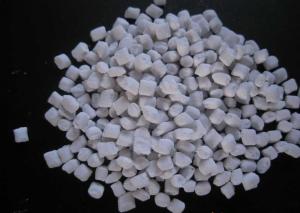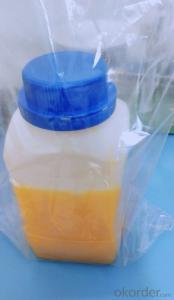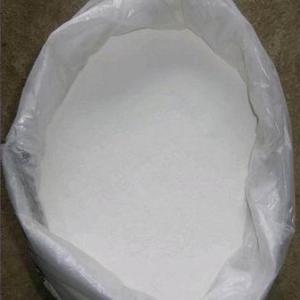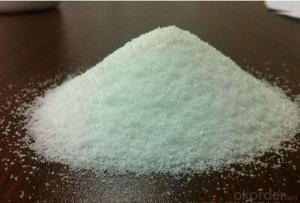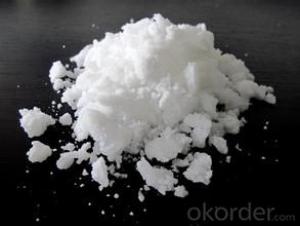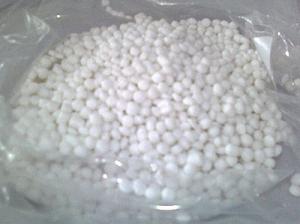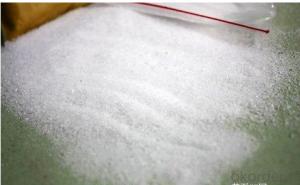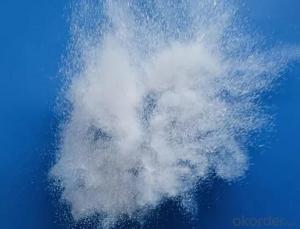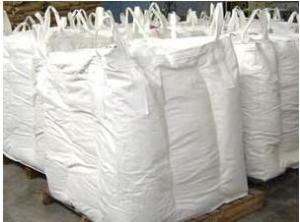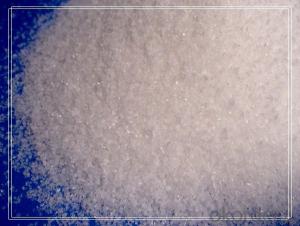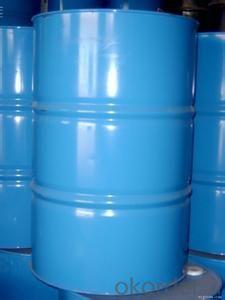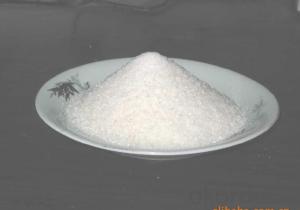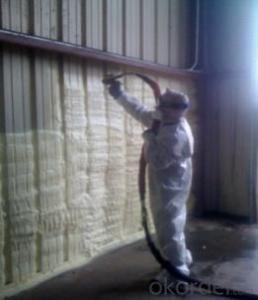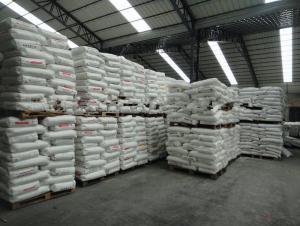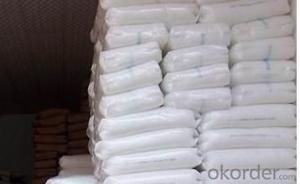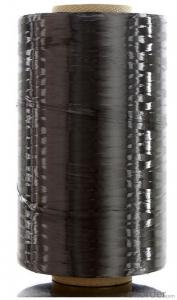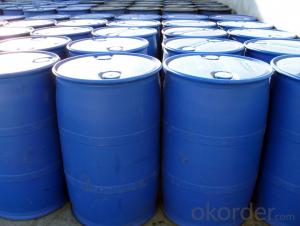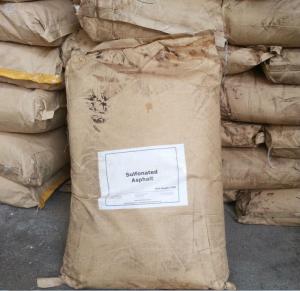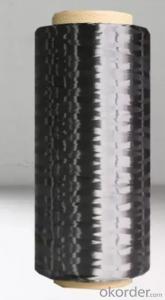All Categories
- - Steel Wire Rod
- - Steel Coils
- - Steel Profiles
- - Steel Pipes
- - Stainless Steel
- - Tinplate
- - Special Steel
- - Steel Sheets
- - Steel Rebars
- - Steel Strips
- - Hot Rolled Steel
- - Cold Rolled Steel
- - Pre-painted Steel
- - Seamless Steel Pipe
- - Welded Steel Pipe
- - Hollow Steel Tubes
- - Galvanized Pipe
- - Stainless Steel Coil
- - Stainless Steel Sheet
- - Stainless Steel Plate
- - Stainless Steel Strips
- - Electrolytic Tinplate Coil
- - Electrolytic Tinplate Sheet
- - Stainless Steel Rebars
- - Solar Panels
- - Solar Water Heater
- - Solar Related Products
- - Solar Inverter
- - Solar Cells
- - Solar Light
- - Solar Energy Systems
- - Solar Controllers
- - Solar Mounting System
- - Solar Pump
- - Solar Chargers
- - Fiberglass Chopped Strand
- - Fiberglass Mesh Cloth
- - Composite Pipes
- - FRP Pultrusion Profiles
- - Fiberglass Mat Tissue
- - Fiberglass Fabrics
- - Fiberglass Mesh
- - Composite Tank
- - Fiberglass Mesh tape
- - Polymer
- - FRP Roofing Panel
- - Fiberglass Roving
- - Monolithic Refractories
- - Ceramic Fiber Products
- - Refractory Bricks
- - Raw Materials For Refractory
- - Suspended Platform
- - Cranes
- - Concrete Machinery
- - Earthmoving Machinery
- - Building Hoist
- - Road Building Machinery
- - Plastic Pipe Fittings
- - Plastic Tubes
- - Plastic Sheets
- - Agricultural Plastic Products
- - Plastic Nets
 All Categories
All Categories
Q & A
How do polymers influence the performance of adhesives and sealants?
Polymers greatly influence the performance of adhesives and sealants as they are the main components responsible for their adhesive properties. The choice of polymers determines the strength, flexibility, and durability of the adhesive or sealant. Different polymers can be selected to enhance specific properties such as adhesion to different surfaces, resistance to chemicals or temperature, and overall bond strength. Additionally, the molecular structure of polymers can affect the viscosity and curing time of the adhesive or sealant, further influencing their performance.
What is the role of polymers in energy storage devices?
Polymers play a crucial role in energy storage devices by serving as the key component in various components such as batteries, supercapacitors, and fuel cells. They are used as electrolytes, separators, and electrode materials, enabling efficient energy storage and delivery. Polymers with high ionic conductivity and electrochemical stability enhance the performance and lifespan of these devices. Moreover, their flexibility, light weight, and low cost make them ideal for portable and renewable energy applications.
What are the different types of polymer composites?
There are several different types of polymer composites, including fiber-reinforced composites, particulate composites, and structural composites. Fiber-reinforced composites involve the use of fibers such as carbon, glass, or aramid, embedded within a polymer matrix. Particulate composites utilize particles, such as glass beads or ceramic fillers, dispersed throughout the polymer matrix. Structural composites involve the combination of different types of fibers and matrix materials to create high-strength and lightweight materials for structural applications.
How are polymers used in 3D printing?
Polymers are used in 3D printing as the main material for creating objects through a layer-by-layer process. These polymers, known as 3D printing filaments, are melted and extruded onto a build platform according to a digital design. Once cooled and solidified, the layers accumulate to form a three-dimensional object. The versatility of polymers allows for a wide range of applications in 3D printing, from prototyping and manufacturing to creating intricate structures and functional parts.
Wholesale Polymer from supplier in Brunei
Whether you need Polymer products for construction, packaging, automotive, or any other industry, we have you covered. Our team of experts will work closely with you to understand your specific needs and recommend the most suitable Polymer solutions. We pride ourselves on our excellent customer service and prompt delivery, ensuring that you receive your products on time and in perfect condition.
In addition to our wide product range, we also offer competitive pricing, making us the preferred choice for Polymer procurement in Brunei. Our strong relationship with suppliers allows us to negotiate the best prices, saving you money without compromising on quality.
When you partner with us, you can expect personalized attention and dedicated support throughout your project. Our technical experts are always available to answer any questions you may have and provide guidance on the best practices for using Polymer products.
Furthermore, our deep understanding of the Brunei market gives us a unique advantage in anticipating industry trends and requirements. We stay updated with the latest developments in Polymer technology, ensuring that we offer the most advanced and innovative solutions to our customers.
At CNBM Polymer Brunei, we are committed to delivering superior products and services that exceed your expectations. Contact us today to discuss your Polymer needs and let us help you find the perfect solutions for your projects.
In addition to our wide product range, we also offer competitive pricing, making us the preferred choice for Polymer procurement in Brunei. Our strong relationship with suppliers allows us to negotiate the best prices, saving you money without compromising on quality.
When you partner with us, you can expect personalized attention and dedicated support throughout your project. Our technical experts are always available to answer any questions you may have and provide guidance on the best practices for using Polymer products.
Furthermore, our deep understanding of the Brunei market gives us a unique advantage in anticipating industry trends and requirements. We stay updated with the latest developments in Polymer technology, ensuring that we offer the most advanced and innovative solutions to our customers.
At CNBM Polymer Brunei, we are committed to delivering superior products and services that exceed your expectations. Contact us today to discuss your Polymer needs and let us help you find the perfect solutions for your projects.
Hot Search
- Fiberglass Chopped Strand in Iran
- Fiberglass Mesh Cloth in Mongolia
- Composite Pipes in Slovenia
- FRP Pultrusion Profiles in Panama
- Fiberglass Mat Tissue in Malaysia
- Fiberglass Fabrics in Algeria
- Fiberglass Mesh in Liechtenstein
- Composite Tank in Tanzania
- Fiberglass Mesh tape in Guatemala
- Polymer in Bolivia
